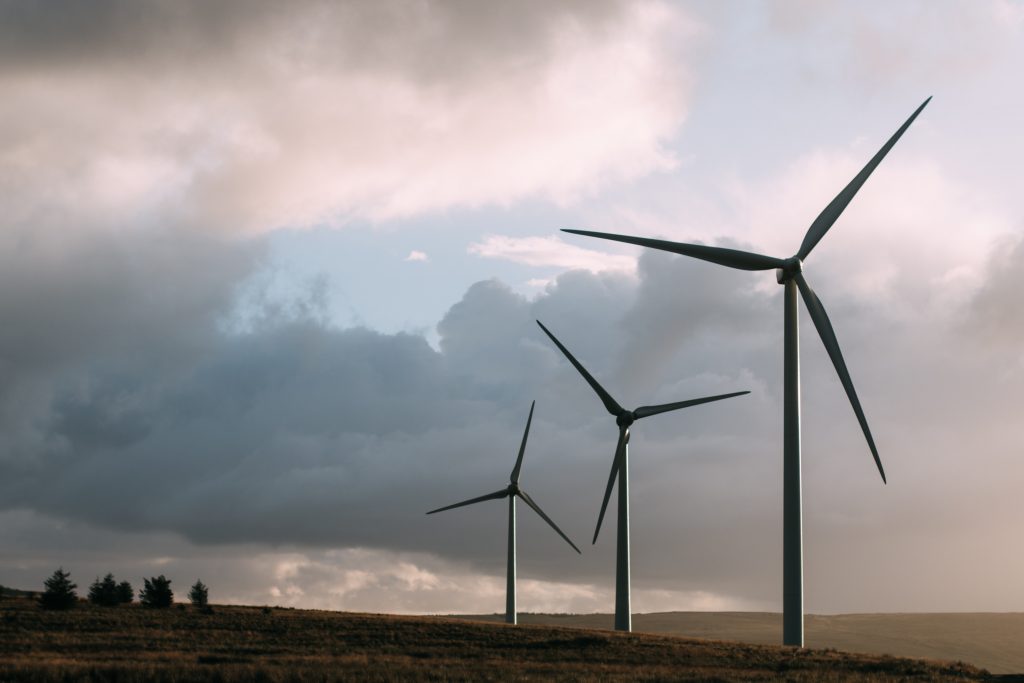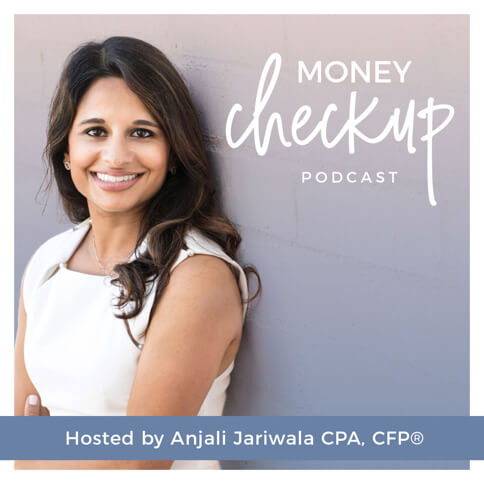Earlier this year, my husband and I moved our investments to sustainable investment funds. Wildfires are part of life in Southern California, where we live, but the length and severity of this year’s fire season made the impact of climate change clearer than ever. We wanted our investment dollars to align with our values — in this case, addressing climate change.
We are not exceptional compared to our peers. In fact, according to Fidelity Charitable, more than 75% of Millennials say they have made at least one impact investment. Of high-net-worth Millennials, 87% say a company’s environmental, social, and governance record is “an important consideration in their decision about whether to invest in it or not.”
As Millennials build wealth, socially responsible investing could scale dramatically. Many of us are already acting on these beliefs, and as we enter our peak earning years, the amount of money directed toward investments designed to generate positive social and environmental impact is poised to keep growing.
Younger women in particular will take on greater financial power in the coming years, as wealth begins to transfer en masse from the Baby Boomer generation to Millennials, and are likely to become leaders in the impact investing space.
According to the Global Impact Investing Network, impact investments are investments meant to generate not only financial returns, but measurable positive social and environmental impacts. Impact investments exist in developed as well as emerging markets. And many of these funds generate returns at or close to market rates.
Three Types of Impact Investing
The fast-growing impact investment market generates capital to help address the world’s pressing challenges — sustainable agriculture, microfinance, renewable energy, forest conservation, education, safe and affordable housing, and much more.
There are three distinct types of impact investing. These terms are often used interchangeably, but they are distinct in the types of companies or initiatives they fund and the ways in which they measure impact. As always, it is important to read the prospectus of a potential investment to make sure it aligns with what you are hoping to achieve with your investment dollars.
ESG stands for environmental, social and governance criteria. This strategy prioritizes investment in companies that have positive ESG standards — that is, companies that meet specific criteria in all three of these areas. ESG investing focuses on identifying companies that have good governance policies and practices, promote social responsibility, and work to reduce their carbon footprint on an ongoing basis.
SRI is socially responsible investing. This strategy focuses on negative screens to exclude companies, sectors, or even entire countries that don’t align with an investor’s social and moral values. For example, a socially responsible investor might seek to eliminate tobacco and tobacco-adjacent companies from her portfolio and shift those dollars toward companies that engage in social justice and clean energy technology.
Sustainable investing is the impact investment strategy my family is pursuing. This approach focuses on companies that are combating climate change and environmental destruction and promoting corporate responsibility with regard to climate change.
Many financial firms offer investment funds that use these terms to describe their approaches. If you’re curious about impact investing, talk to your financial advisor about which strategy aligns best with your values.
Impact Investments are Performing Better than Ever
Many investors assume that, if they move toward an impact investing strategy, they will have to accept lower-performing investments in exchange.
Although this may have been true in the past, impact investing has evolved significantly. The notion of the trade-off is no longer true. In 2016, Merrill Lynch wrote in a white paper: “There is wide recognition that companies that do not have good governance, that lack good management, that fail to consider environmental risks or that disregard community impacts are ignoring risks to their bottom line.”
When companies do not prioritize good governance and transparency or acknowledge the risks of climate change and health and safety concerns, Merrill Lynch analysts said, profits and operations suffer. The primary example they cited was the 2010 Deepwater Horizon oil spill, which had a major negative impact on BP. “Poor supply chains and labor policies, and the associated potential PR backlash, can pose a significant reputational risk that translates into lost sales, lower valuations and, in the extreme, consumer boycotts,” the Merrill Lynch report said.
Reputational issues don’t only matter to consumers. They can make it more difficult for companies to attract great employees, which can slow innovation in the long run.
The impacts of climate change will become more and more apparent and investors will continue to learn about issues like labor abuses within companies’ supply chains. Companies that have proactively organized their businesses to prioritize fair labor practices, sustainability, and human rights will be best positioned to attract new customers and employees alike.
How to Begin Impact Investing
As impact investing gains popularity, investment firms are making it easier than ever to align your dollars with your values.
In my practice, I use sustainable funds from Dimensional Fund Advisors. These funds focus strongly on greenhouse gas emissions, tilting toward companies that are more environmentally sound than others. Dimensional Advisors’ funds also apply various social screens, which evolve based on current social trends.
There are a wide variety of mutual funds and ETFs available for impact investors. A few others include:
- Impact Shares has an ETF that focuses on U.S. companies that have strong racial and ethnic diversity policies in place by tracking the Morningstar Minority Empowerment Index (NACP). They also donate all net advisory profits from the ETF management fee to the NAACP.
- iShares offers the Global Clean Energy ETF (ICLN), which tracks an index made up of global equities in the clean energy sector.
- SPDR has a gender diversity ETF (SHE). SPDR creates this index by tracking gender diversity within companies’ senior leadership and focusing on companies with the highest levels of gender diversity.
Impact investing is still investing, meaning you’ll be saving methodically for your future goals, but in a way that reinforces your beliefs.
At FIT Advisors, we believe all conversations about money should begin as conversations about our values. If you’ve never talked about your values with your financial advisor, this could be a perfect place to start: Identify your values, then talk about how your money can support those values.




